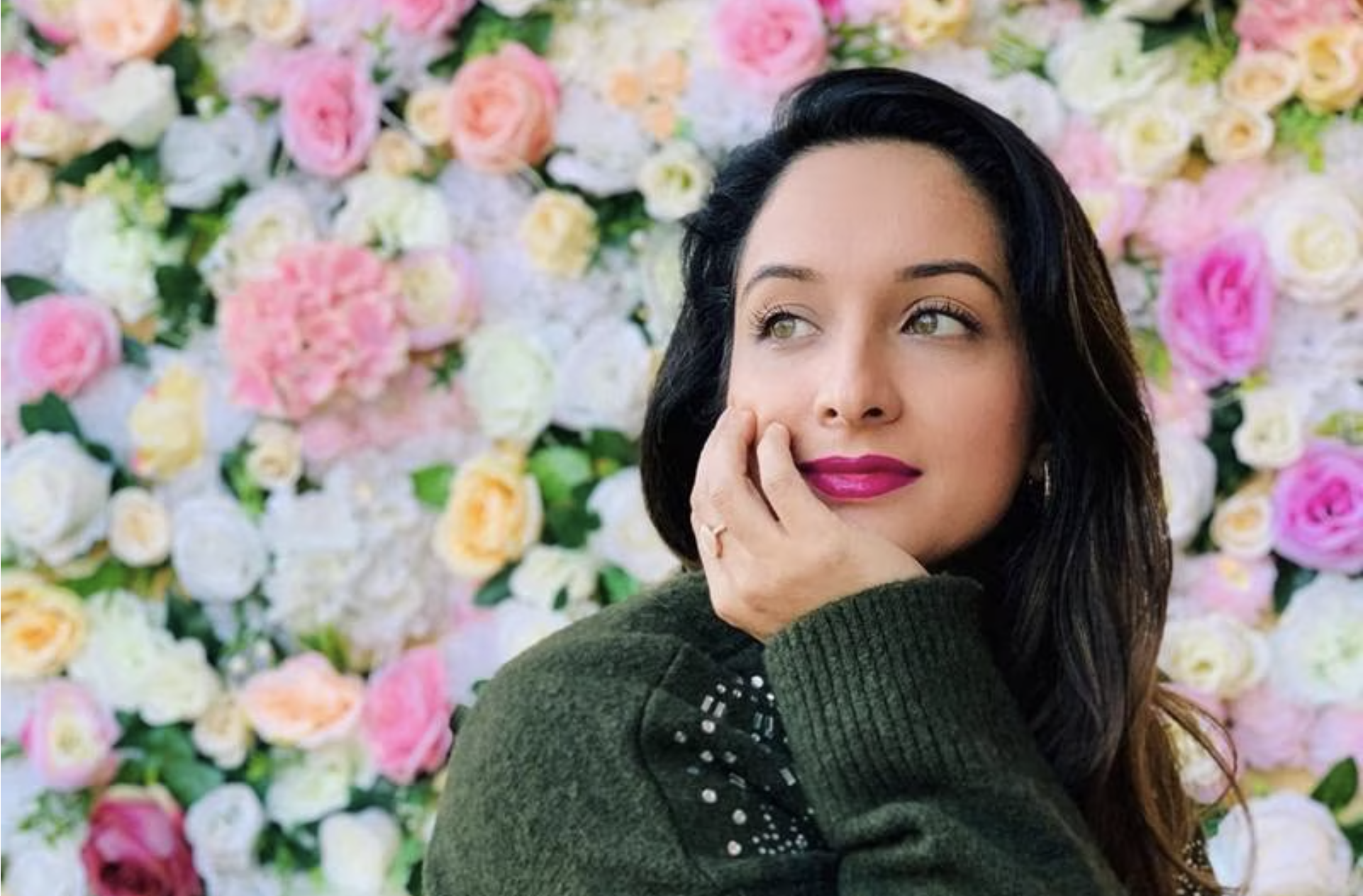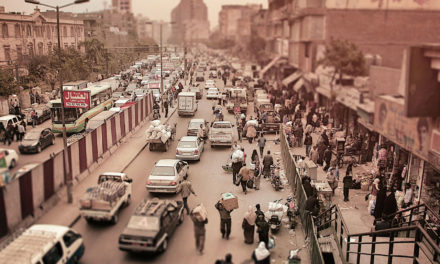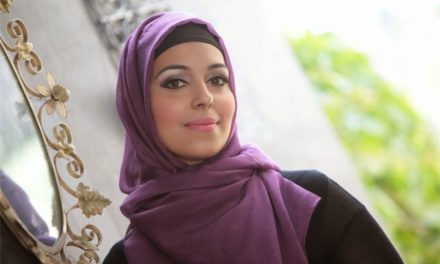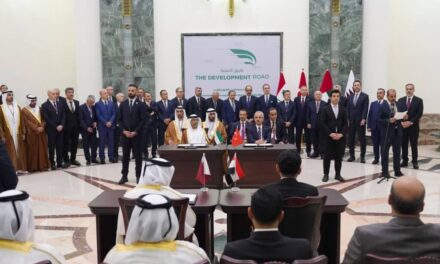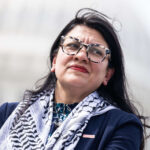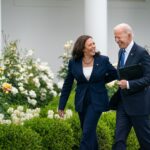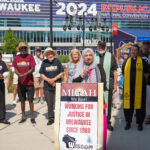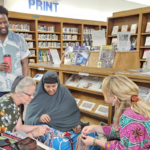Muslim influencer Sofia Rehman released A Treasury of ‘A’ishah, a book centred on the Prophet Mohammed’s wife, last month. Photo: Instagram / sofia_reading
While modest fashion bloggers may first come to mind when thinking about female Muslim influencers, there are many who work outside of the realms of style and (outer) beauty. Faithfluencers are a growing movement on social media, characterised by their common goal to promote spirituality through curated feeds that share knowledge, promote health and wellness or inspire creativity.
Reclaiming their voices in a traditionally male-dominated religious space, these women are on a shared mission to create warm and welcoming digital communities, and the content they offer will appeal to Muslims at a time when they seek religious inspiration most, during Ramadan.
While some Muslims may embark on digital detoxes this month to focus on worship and prayer instead of cluttering their minds with social media, the Instagram accounts below promote a healthy balance, encouraging followers to instil deeper religious ideals in their worldly lives.
@artistukht
“Spreading happiness through my artwork,” is the description on Nikhat Ansari’s Instagram biography and her grid delivers exactly that, with illustrations featuring peppy pastel colours, floral drawings and Arabic typography.
Ansari, 27, lives in India, where she works as an Islamic teacher and digital artist. “One of my biggest goals is to spread Islam and present it in easier way, so I thought, why not use art to spread Islamic knowledge?” she tells The National.
Her work features Quranic quotes and infographics breaking down religious themes. For Ramadan, she plans to share prayers and supplications, along with prophetic quotes and tips on how to make the most out of the holy month.
@islamicmindfulness
Under the username @islamicmindfulness, Rubbia — who lives in London and has chosen not to link her surname to her public social media accounts — is shedding light on mental health awareness from an Islamic perspective.
She tells The National that religion is an important factor that’s often left out of the mental health narrative, and that many Muslim communities still ignore mental health issues.
“We know there’s a lot of stigma regarding mental health within the ethnic communities that make up the Muslim community. And yet, if we look at our roots, our Islamic tradition has been rich with evidence supporting the mental well-being of our ummah,” she says.
She seeks to revive this spirit through social media, where she shares faith-based infographics to uplift her followers’ mental, emotional and spiritual well-being. Topics such as childhood trauma, spiritual narcissism and prophetic empathy have all been recently explored on her account, where she points out that that the holy month is one where holistic health is of the utmost importance.
@the.tacollective
A group of five anonymous volunteers in the UK form the team behind Ta Collective, an initiative that’s on a mission to help Muslim women form a love and deeper connection with God.
They launched their page after noticing a gap in the types of accounts on social media for Muslim women. “We saw that the faith of Muslim women was not prioritised and we wanted to work towards changing that,” they say.
From Quran journaling to undertaking the task of learning the 99 names of Allah, the Ta Collective encourages religious education in fun and engaging ways.
For Ramadan, they have launched their Breakfast Club series — weekly sessions themed around spiritually preparing for the holy month. “We’re focusing on uplifting content, practical tips to make the most of Ramadan and a reminder to be merciful to yourself,” they say.
@salamsudduf
A Kashmiri Canadian living in Toronto, Sudduf Wyne, 38, wears many hats. She’s a former boutique founder, current marketing lead, content creator and mother of triplets.
“Social media is really popular for make-up tutorials and fashion, and no shade on any of those, but when it comes to Muslim women being smart or innovative or spiritual, [the content is] far and few in between,” she tells The National.
Wyne’s content combines realness and humour with motherhood, marriage, entrepreneurship and philanthropy.
“I’m always connecting everything to Islam, and hoping to teach others what I’m learning through this very normal relatable journey of me trying to be a better Muslim,” says Wyne, who is currently sharing an Instagram Reels series called 30 Days of Ramadan Prep.
“I’m not interested in gaining followers — if I help one Muslim open up their Quran or even realise that Allah loves them, that’s enough for me. Allah isn’t going to ask me how many followers I have, right? He’s going to ask me, ‘What did you use your social media for?’”
@sofia_reading
Sofia Rehman released A Treasury of ‘A’ishah, a new book centred on the Prophet Mohammed’s wife last month.
Rehman tells The National that she has recently been thinking more about Muslims who lack positive communities and support systems. “I hope this year, I am able to speak to those Muslims who may go into Ramadan with a worry that they are not ‘enough’, so that they feel they are in some sort of virtual spiritual community through which they can feel empowered in their connection to Islam and Allah,” she says.
@thehealedsister
French-born, Moroccan self-love and compassion coach Soumaya Ettouji founded Healed Sister Academy as a holistic approach to healing from an Islamic framework. On Instagram, where she has more than 100,000 followers, she discusses everything from forgiveness to setting boundaries.
While Ramadan is celebratory for many, Ettouji points out that the month can be lonely and challenging for some females and hopes her page can serve as a digital pillar of support.
“We intend on being a source of comfort for the single mothers who spend the sacred month alone, the young girls who are surrounded by toxic family members and the women who struggle with eating disorders or mental illnesses, by reminding them of how immense Allah’s mercy is,” she says.
@aliyah_ummraiyaan
A convert to Islam of Italian and Nigerian heritage, Aliyah Umm Raiyaan is the author of the recently-released 30-day guided journal Ramadan Reflections, published by Penguin Books. She’s also the founder and chief executive of Solace UK — a charity that supports female converts to Islam.
On Instagram, she posts videos, as well as typed and written quotes to boost and enrich the faith of her followers. Her handwritten messages and words of wisdom are often shared on colourful post-it notes.
“If social media content inclines the heart and soul back to Allah this Ramadan, then social media is a beautiful blessing. If social media takes a person away from the remembrance of Allah, then this Ramadan the best decision you can take is to reduce your usage,” she says.
“We don’t know if we will live to see another Ramadan and so use that which will draw your heart close to its owner.”
